Back in November, just a few weeks after the death of our older daughter, I wrote of the difficulty I regularly encountered answering the question, “How are you doing?” At the time, my emotional state was a moving target. I didn’t know how I was doing. Not day-to-day, not hour-to-hour. I was as changeable as mountain weather, as fragile as ancient parchment, as vulnerable as a newborn. I was all over the place.
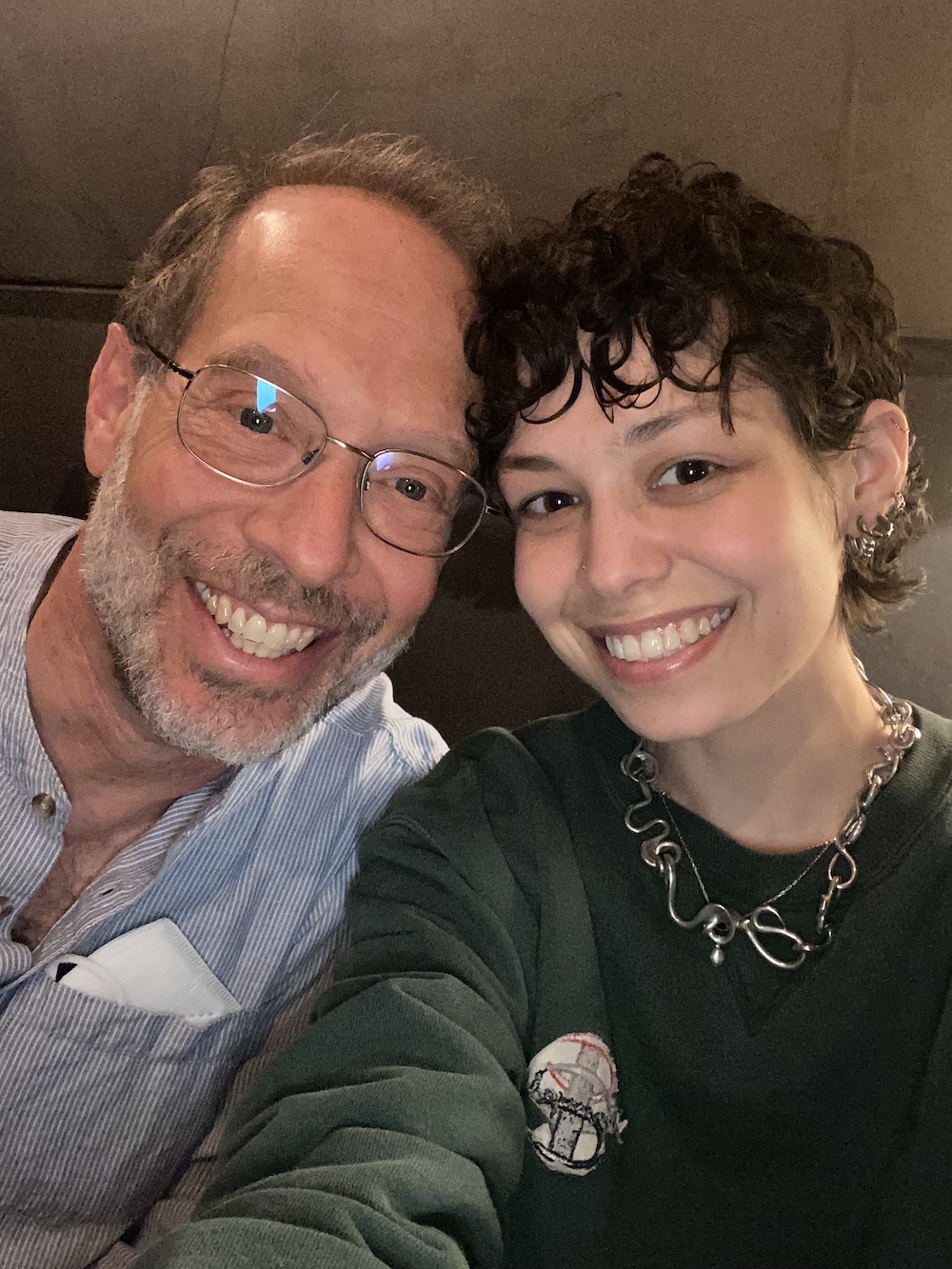 It has now been nearly five months since we lost Alex. I still get the same question — and to be clear, I don’t mind being asked. Not at all. It’s just that I still don’t know how to answer. My friends tell me that five months is nothing, that there is no reason I should have a handle on my emotions already. My therapist says the same. I suppose I should listen to all of them. But I grow impatient with myself. I make my living with words and with emotions. The core of my art is conveying the emotional state of my point of view characters. It’s practically the definition of what a fiction writer does.
It has now been nearly five months since we lost Alex. I still get the same question — and to be clear, I don’t mind being asked. Not at all. It’s just that I still don’t know how to answer. My friends tell me that five months is nothing, that there is no reason I should have a handle on my emotions already. My therapist says the same. I suppose I should listen to all of them. But I grow impatient with myself. I make my living with words and with emotions. The core of my art is conveying the emotional state of my point of view characters. It’s practically the definition of what a fiction writer does.
And I cannot manage to put into words what I am feeling. Worse, I can’t even explain it to myself. I had a birthday this past week. And birthdays, holidays — those can be tough when grief is fresh. I will always miss hearing from Alex on my birthday, but this was the first one without her, and the sense of loss was particularly keen. (Alex’s birthday is in early May, and already I dread its approach.) But I also had a good day. I had wonderful conversations with family and friends, a lovely dinner with Nancy. And yes, I had comforting memories of conversations with Alex on previous birthdays.
How was I doing that day? I have no idea. Great. Terrible. Okay. Not so well.
I wrote about grief just after New Year’s. Actually, I’ve written about grief a lot in the past year, but in that post in particular I wrote in praise of grief. “We grieve because we have loved,” I said. “We grieve because we remember. And while the ache of our grief dulls and lessens with time, we never stop grieving. Nor would we want to.” I hold to that still. But neither do we want to become mired in our grief. Is that what’s happening to me? I don’t know. Helpful, right? Maybe now you’re starting to grok my frustration.
In the older post I mentioned in the opening graph, I worried about those moments — fairly frequent — when I felt numb. At times more recently, I have felt as though I am emerging from that numbness. And then I’ll find myself back there again, and I’ll have no idea how I got there or when it happened. Memories still ambush me, surprising me with their vividness, stealing my breath, leaving me unable to do much of anything. No, I don’t want to stop grieving. Except when I do. Because, yes, there are times when I wish I didn’t have to grieve at all, when I’m just so tired of feeling this way, whatever “this way” might be. And then another memory warms me, brings a smile, reminding me that grieving really is better than forgetting.
I don’t think the problem is that I haven’t made any progress. I’m not sure there’s a “problem” at all. As I say, friends, family, and people who should know tell me my state of mind is pretty normal for what is an extraordinary circumstance. And then they remind as well of what I already know: There is no “normal” for something like this.
The point of all this? Well, one point is, please don’t stop asking how I’m doing. Really. I appreciate the love and concern behind the question. And the other point is, when I answer with a shrug and an “I’m not really sure,” know that I’m not being evasive. I’m being honest.
Finally, the greater point is that the answer to “How am I doing?” is as complicated and long as a novel, as a relationship, as a parent’s love for his child. I am doing all right, except on those days when I’m not. I am getting work done, except for those times when I can’t. I am eating well, exercising, taking care of myself, letting Nancy take care of me, and doing my best to take care of her. I am not curled up at the bottom of an empty bourbon bottle. I am not spending eighteen hours a day in bed. I am not paralyzed with loss and sadness. But neither am I the embodiment of emotional health. If I was, I think I’d have cause to be worried.
How am I?
I’m okay, thank you for caring. How are you?










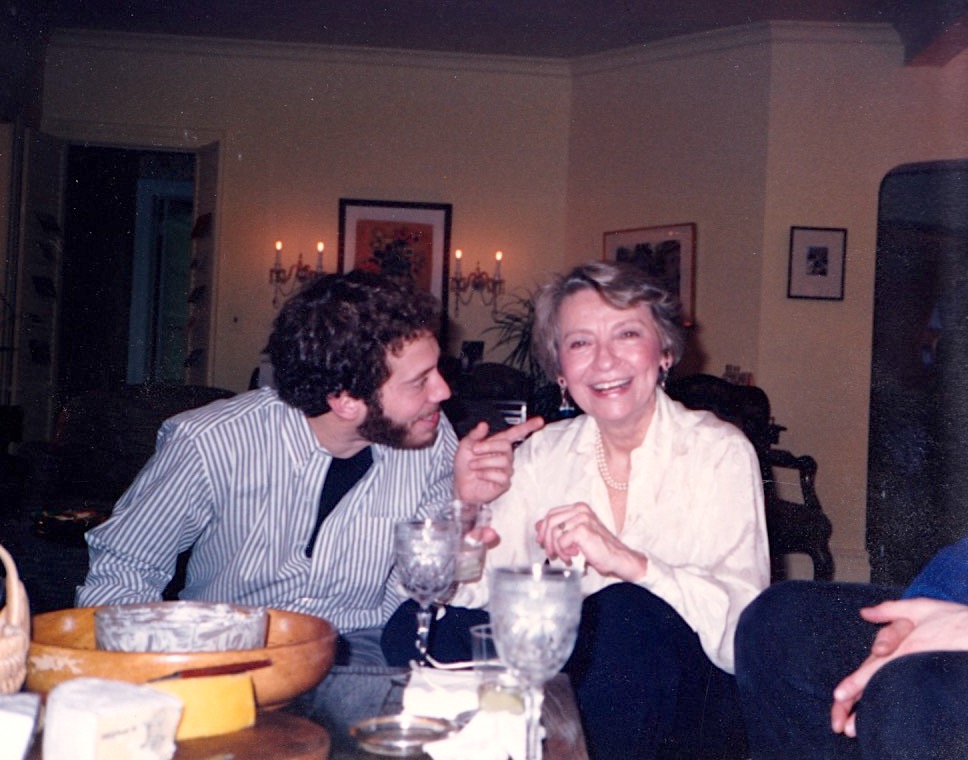 My mother would be 102 years old today, which speaks to a) how very old I am, and b) how uncommonly old she was when she and my father had me. I was born at the end of the Baby Boom, when most couples in their early-forties were done having children. Mom always worried that she would be too old to be a good mother to me, whatever that might have meant. She shouldn’t have worried. She was a wonderful mother — caring, involved, just intrusive enough to make me feel loved without being so intrusive that I felt smothered.
My mother would be 102 years old today, which speaks to a) how very old I am, and b) how uncommonly old she was when she and my father had me. I was born at the end of the Baby Boom, when most couples in their early-forties were done having children. Mom always worried that she would be too old to be a good mother to me, whatever that might have meant. She shouldn’t have worried. She was a wonderful mother — caring, involved, just intrusive enough to make me feel loved without being so intrusive that I felt smothered.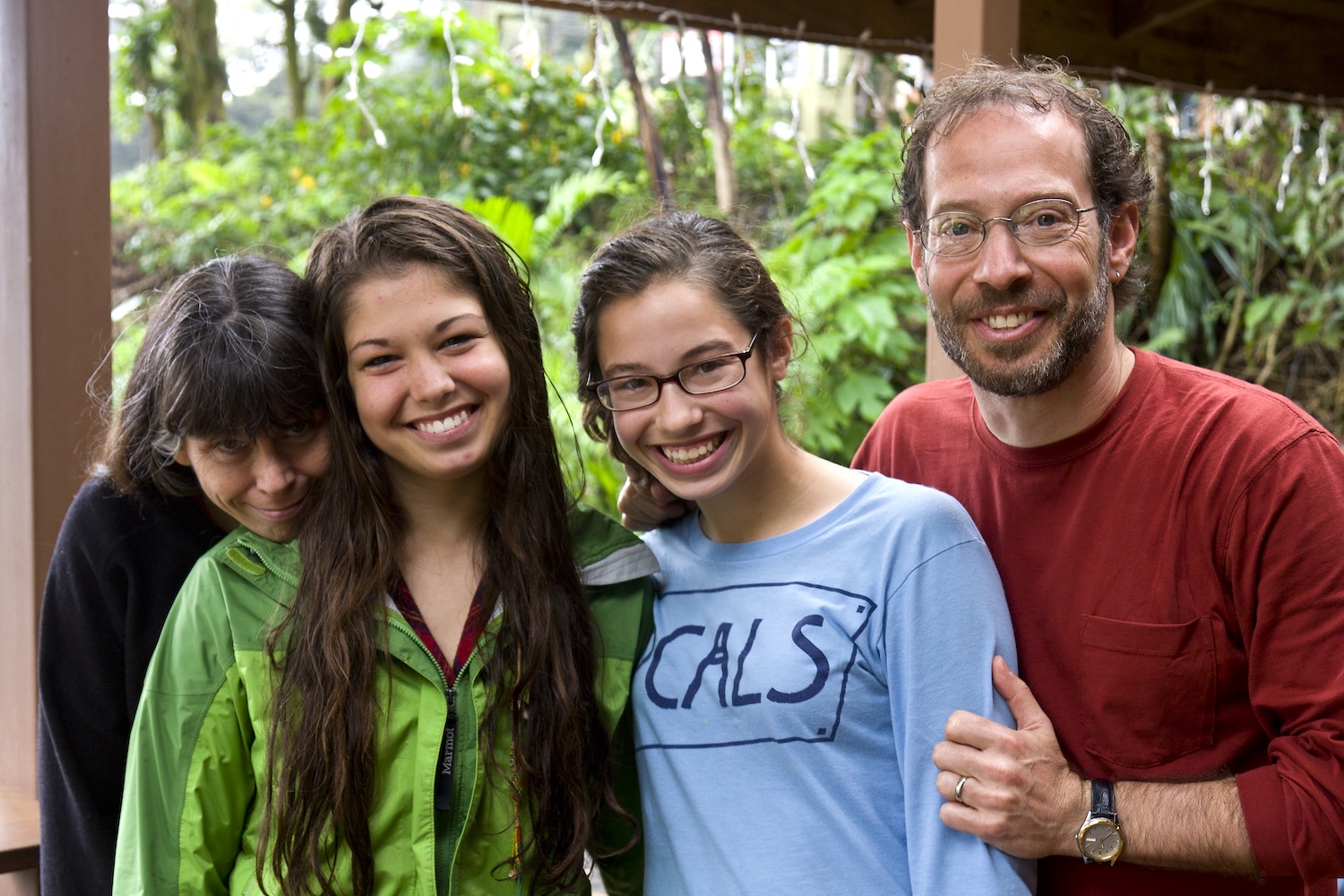
 Within moments, I was gliding over lush rain forest, surrounded by a ghostly mist, utterly alone, and, it seemed, in a cocoon of sensation — birds called from the green below me, the air was redolent with the sweet scents of rain and earth and forest decay, mist cooled my face, the green of the damp foliage was so brilliant as to appear unreal. Time fell away. Yes, I was moving. But to this day, I couldn’t tell you how long it took me to float through that segment of the course. It could have been mere seconds. It could have been hours. It didn’t matter. For the purposes of that experience, time meant nothing to me. I had escaped the tyranny of clocks and calendars.
Within moments, I was gliding over lush rain forest, surrounded by a ghostly mist, utterly alone, and, it seemed, in a cocoon of sensation — birds called from the green below me, the air was redolent with the sweet scents of rain and earth and forest decay, mist cooled my face, the green of the damp foliage was so brilliant as to appear unreal. Time fell away. Yes, I was moving. But to this day, I couldn’t tell you how long it took me to float through that segment of the course. It could have been mere seconds. It could have been hours. It didn’t matter. For the purposes of that experience, time meant nothing to me. I had escaped the tyranny of clocks and calendars.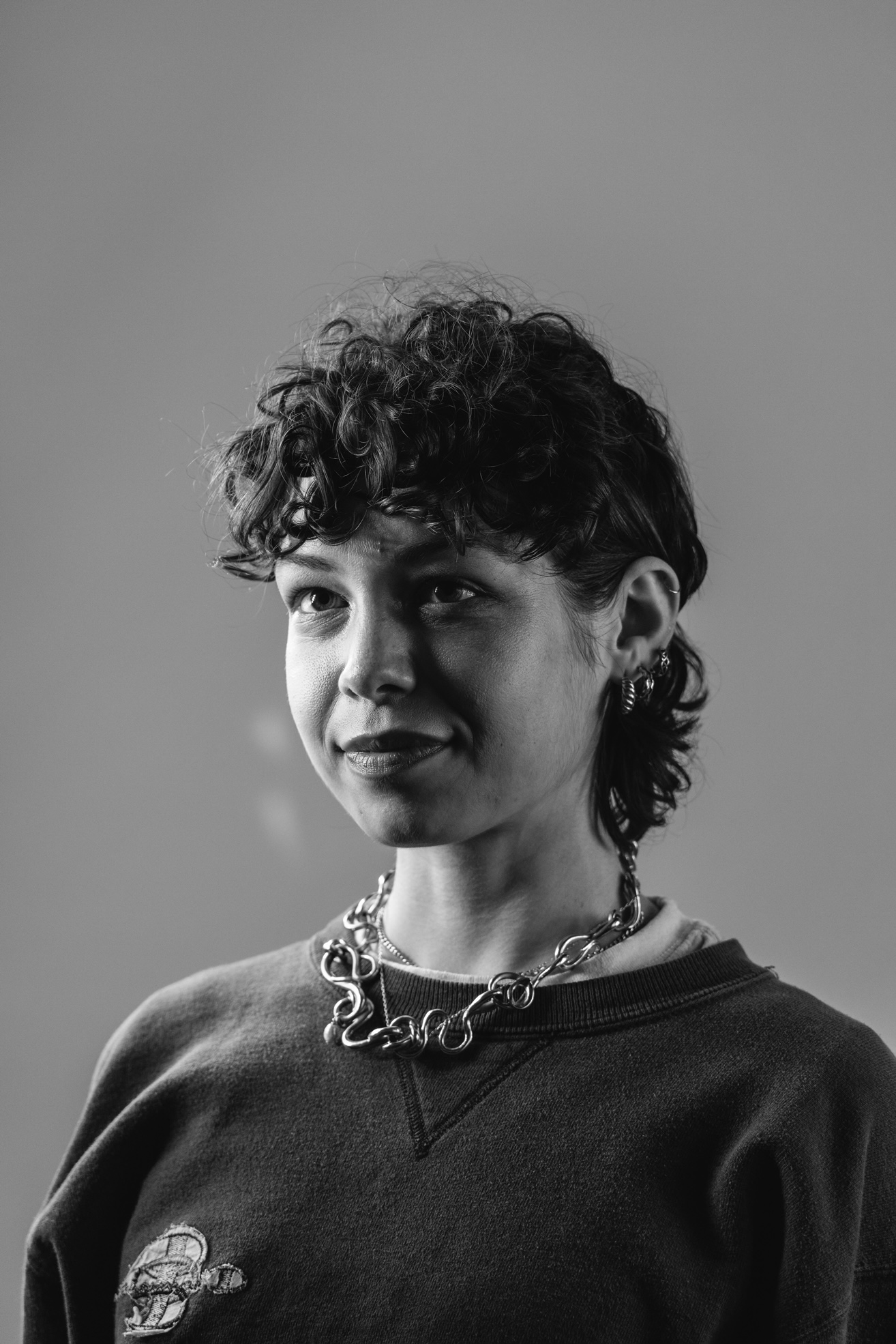 Today is the 22nd of January. It’s been exactly three months since our older daughter passed away.
Today is the 22nd of January. It’s been exactly three months since our older daughter passed away.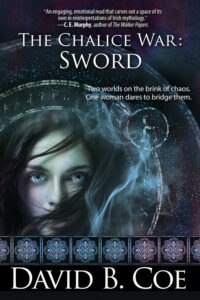 In the last year, I have written two pieces of original short fiction. That’s it. I haven’t written a novel since I finished The Chalice War: Sword, late in 2022. I have recently started work on a tie-in project (I can’t really say more than that, right now), a novel. It is coming slowly, and because I am essentially playing in someone else’s world, the emotions I’ll be mining are somewhat removed from my own. I spent the first half of last year doing a bunch of editing, for myself and for others, figuring that when those projects were through, I would dive into a new book of my own.
In the last year, I have written two pieces of original short fiction. That’s it. I haven’t written a novel since I finished The Chalice War: Sword, late in 2022. I have recently started work on a tie-in project (I can’t really say more than that, right now), a novel. It is coming slowly, and because I am essentially playing in someone else’s world, the emotions I’ll be mining are somewhat removed from my own. I spent the first half of last year doing a bunch of editing, for myself and for others, figuring that when those projects were through, I would dive into a new book of my own.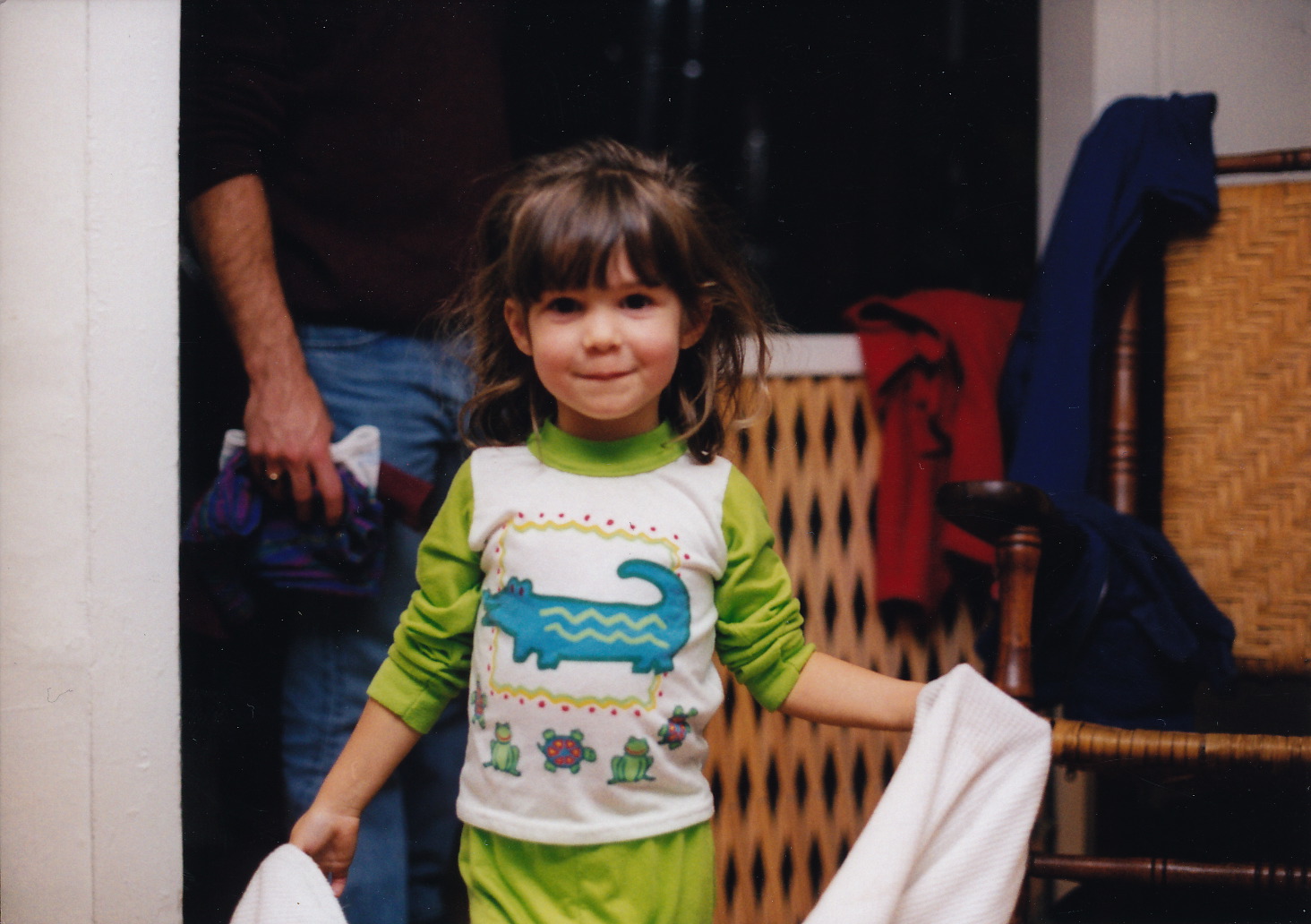 At this point, the celebrations of her life are over. Guests from out of town have left. Erin has gone back home. Nancy is starting to work again, and I am gearing up to do the same. We are, I suppose, stepping back into “normal” life. Except there is nothing normal about it, and in ways that truly matter, in ways that will remain with us for the rest of our lives, it will never really be normal at all, ever again.
At this point, the celebrations of her life are over. Guests from out of town have left. Erin has gone back home. Nancy is starting to work again, and I am gearing up to do the same. We are, I suppose, stepping back into “normal” life. Except there is nothing normal about it, and in ways that truly matter, in ways that will remain with us for the rest of our lives, it will never really be normal at all, ever again.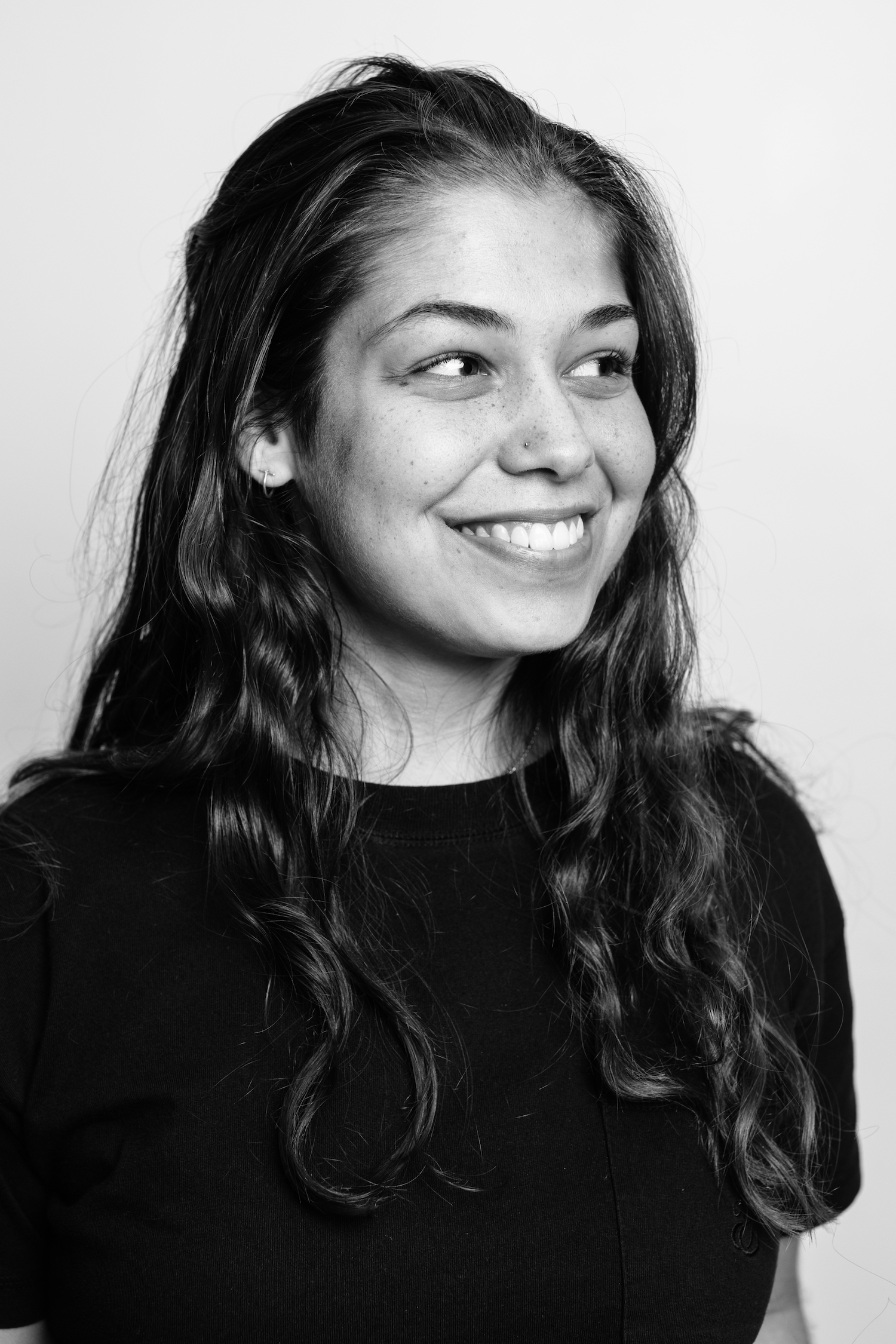 The numbness, though — that bothers me. I want to feel. I want to weep for my child or laugh at a golden memory. I want to feel pain and love and loss and connection, because those keep my vision of Alex fresh and present. Numbness threatens oblivion. Numbness makes the loss seem complete, irretrievable — and that I don’t want. Not ever. Better to cry every day for the rest of my life than lose my hold on these emotions.
The numbness, though — that bothers me. I want to feel. I want to weep for my child or laugh at a golden memory. I want to feel pain and love and loss and connection, because those keep my vision of Alex fresh and present. Numbness threatens oblivion. Numbness makes the loss seem complete, irretrievable — and that I don’t want. Not ever. Better to cry every day for the rest of my life than lose my hold on these emotions.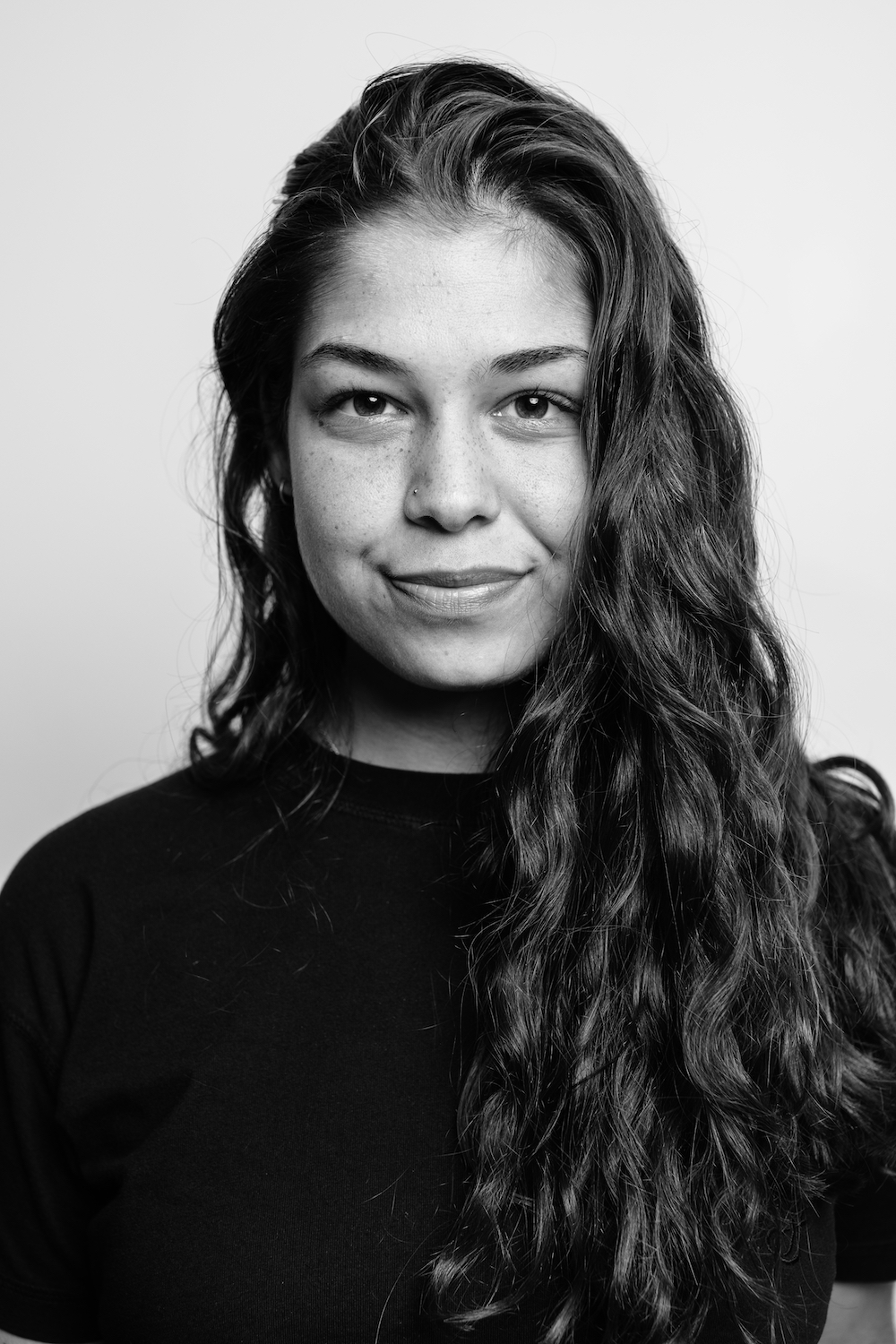 This is the post I never wanted to write. The one I dreaded, the one that was, not so long ago, unthinkable, and, more recently, heartrendingly inevitable.
This is the post I never wanted to write. The one I dreaded, the one that was, not so long ago, unthinkable, and, more recently, heartrendingly inevitable.